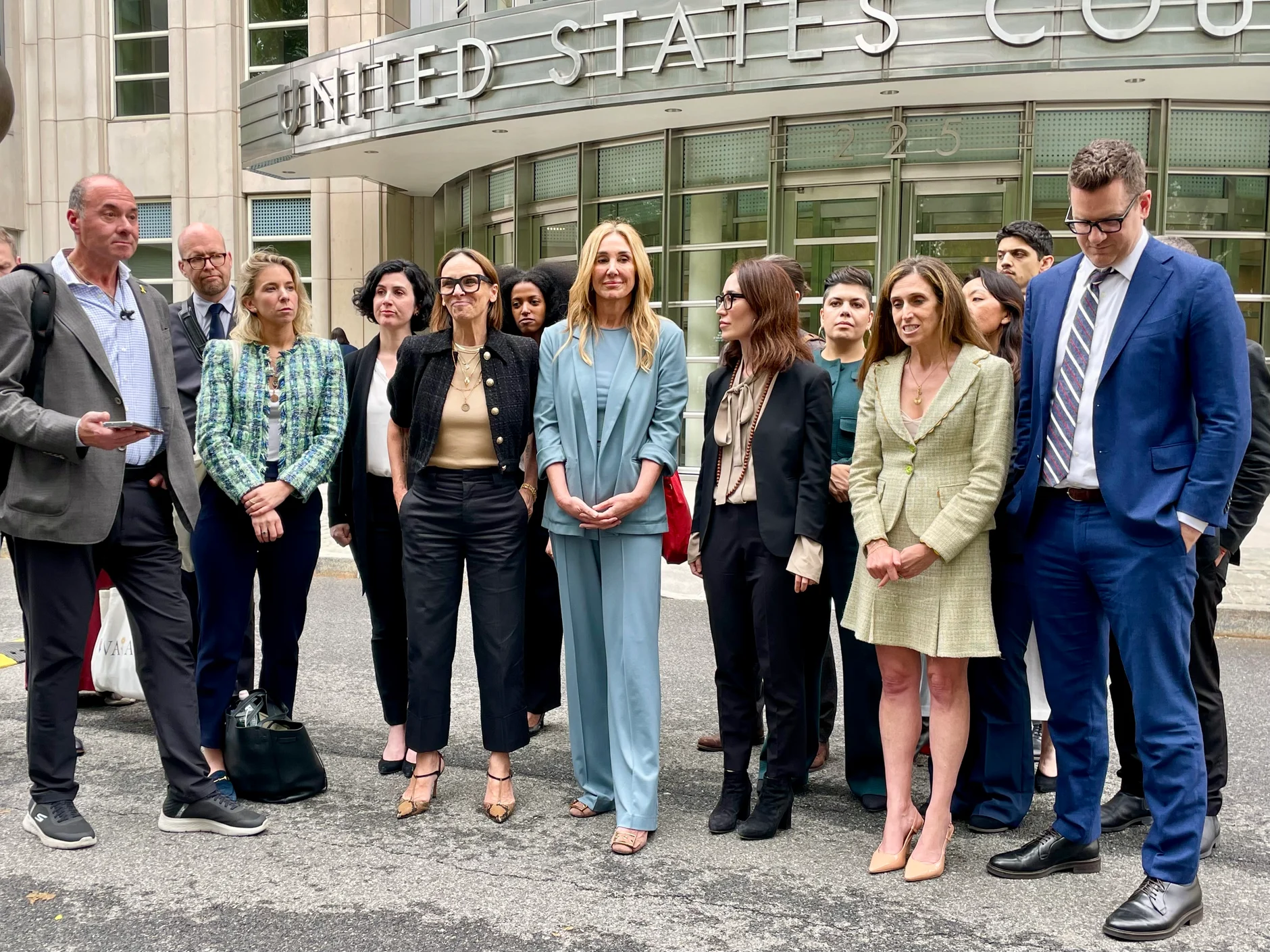Brooklyn Sex Cult Case: OneTaste Leaders Convicted of Forced Labor Conspiracy
When wellness turns coercion, it hides in plain sight. That’s what the recent verdict against OneTaste uncovered. Two women—founder Nicole Daedone and Rachel Cherwitz—were convicted by a Brooklyn jury of forced labor conspiracy, exposing how a pseudo‑spiritual company became a sex‑cult under the guise of empowerment. cbsnews.com+9sfist.com+9vanityfair.com+9
1. Fake empowerment, real control
OneTaste started as a high‑end wellness brand promoting “Orgasmic Meditation (OM)”—a 15‑minute practice claiming to guide women toward awakening and healing. It sounded spiritual, progressive, even safe. But behind the curtain was a system that manipulated women—usually trauma survivors—into paying thousands for workshops, retreats, and personal coaching. vanityfair.com+4people.com+4nypost.com+4
Employees described a cult-like atmosphere: communal living, intense pressure, and a guru-like presence that blurred personal and professional lines. Jobs and relationships were tied to spiritual progress, and dissent meant ostracism and shaming.
2. Coercion disguised as choice
Witnesses testified that they were assigned to serve wealthy investors, perform sexual acts including non-consensual OM stimulation, and work grueling hours for little or no pay. The tasks ranged from cleaning up after executives’ personal lives to serving at orgy-like events designed to attract funding. These assignments were supposedly “volunteered,” but few felt they could refuse without losing status or spiritual alignment. sfist.com+1vanityfair.com+1people.com
Former employees said the pressure was constant—omegas, shame rituals, peer enforcement, and punitive retreats all served to break down resistance and keep control in place.
3. A legal precedent for cult-like abuse
The jury took just over 12 hours to convict Daedone and Cherwitz of forced labor conspiracy. In a rare move, Judge Diane Gujarati ordered them jailed until sentencing in September 2025—marking a serious legal warning: emotional and sexual coercion can be criminal, even without physical threats. theguardian.com+10wsj.com+10vanityfair.com+10
The verdict shines a light on how so-called spiritual or sexual healing groups can weaponize vulnerability and authority, especially when credibility is packaged with pseudoscientific language and elite branding.
4. Bigger than OneTaste
This case isn’t isolated. It echoes courts exposing sex cults where labor is disguised as devotion—NXIVM, for example. In Brooklyn, today’s ruling is a legal watershed moment confirming that spiritual rhetoric doesn’t excuse exploitation. people.com+5vanityfair.com+5vanityfair.com+5
It also gives hope to survivors trapped in other groups: cult dynamics rely on structure, hush, and hierarchy—none of which is above the law.
5. Red flags worth noting
From the article and trial testimonies, here are quick warning signs:
- A spiritual or wellness leader who expects sexual labor in return for resources or status
- Legal binding contracts that equate obedience with spiritual advancement
- Isolation from outside opinions or unsanctioned social contact
- Constant upselling and charging that’s justified as “activation” or leveling up
6. What survivors face now
Many of the survivors left OneTaste with mental trauma, shame, and financial loss. Some lost their savings buying into programs; others were cut off from family or forced into unpaid labor to stay politically or emotionally aligned with leadership.
The sentencing in September will include restitution hearings for victims—and will set a precedent for other abuse-by-manipulation cases.
Conclusion
This was more than a corporate or sexual scandal. It was spiritual abuse clothed in marketing copy. A court recognized that language, rituals, and emotional gatekeeping don’t erase coercion. The leaders of OneTaste sold identity and mysticism—but ended up buying themselves a prison cell.
If something feels sacred yet costs everything, question who benefits. Because this verdict reminds us: belief isn’t criminal. But manipulation is.






